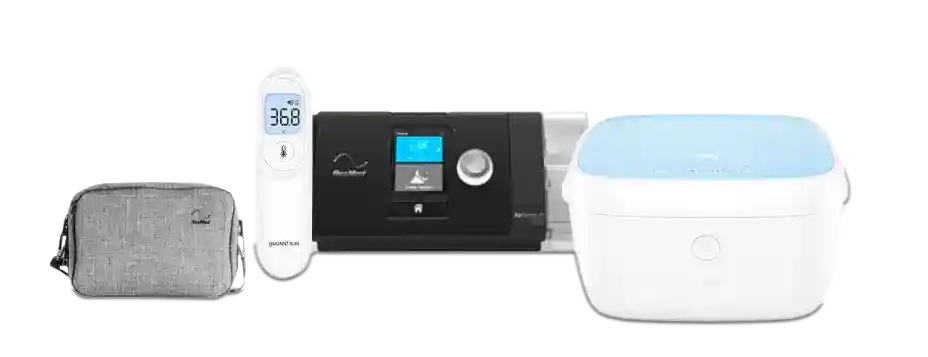Sleep Apnea
What is Sleep Apnea?
Sleep apnea is more than just a sleep disorder; it is a serious medical condition that can have widespread effects on overall health. The repeated interruptions in breathing caused by sleep apnea can last from a few seconds to a minute or longer, disrupting the sleep cycle and reducing the quality of sleep.
Sleep apnea is a serious sleep disorder that occurs when a person's breathing is interrupted during sleep. Individuals with untreated sleep apnea stop breathing repeatedly during their sleep, sometimes hundreds of times. This means the brain and the rest of the body may not get enough oxygen. While sleep apnea is often associated
Sleep apnea, a common yet often undiagnosed condition, can have severe health implications if left untreated. One of the most significant risks associated with undiagnosed sleep apnea is the increased likelihood of experiencing a stroke. Understanding the connection between sleep apnea and stroke is crucial for individuals at
Sleep apnea, a disorder marked by recurrent disruptions in respiration while sleeping, impacts millions of individuals globally. Effective management of this condition is crucial as it impacts not only sleep quality but also overall health. In this article, we will explore the evolving trends in sleep apnea management, from
If you have trouble sleeping at night, you may be suffering from a condition called sleep apnea. Sleep apnea is a disorder that causes your breathing to stop and start repeatedly while you sleep, often causing loud snoring, gasping, or choking sounds. Sleep apnea can affect anyone, but it is more common in people who are overweight
Do you snore loudly, feel tired during the day, or wake up gasping for air? If so, you might have sleep apnea, a common but serious condition that affects your breathing while you sleep. Sleep apnea can increase your risk of heart disease, stroke, diabetes, and other health problems.
The good news is that sleep apnea can be
If you suffer from sleep apnea, you may have trouble getting a good night's rest. Sleep apnea is a condition that causes your breathing to stop and start repeatedly during the night, disrupting your sleep cycles and affecting your health. In this article, we will explain what sleep cycles are, how sleep apnea affects them, and
If you have sleep apnea, you may find it harder to breathe during the winter months. The cold air can dry out your nasal passages, irritate your throat, and cause congestion. These factors can worsen your sleep apnea symptoms and make your CPAP therapy less effective. In this article, we will explain how winter and colder weather
Although CPAP machines are the standard method of therapy, you may also try alternative options. Treatment options for sleep apnea include dental appliances and lifestyle modification. The severity of your sleep apnea and your preferences will determine the best course of therapy for you,
Discover the best sleep apnea treatment
Obstructive sleep apnea syndrome (OSA) is linked to a decreased quality of life as well as an increased risk of vehicle collisions, cardiovascular disease, metabolic syndromes, and mental health conditions.
Sleep apnea is a lifestyle condition affecting approximately 1 in 12 (4.4%) Americans, with around 1 in 27 (3.68%) people


